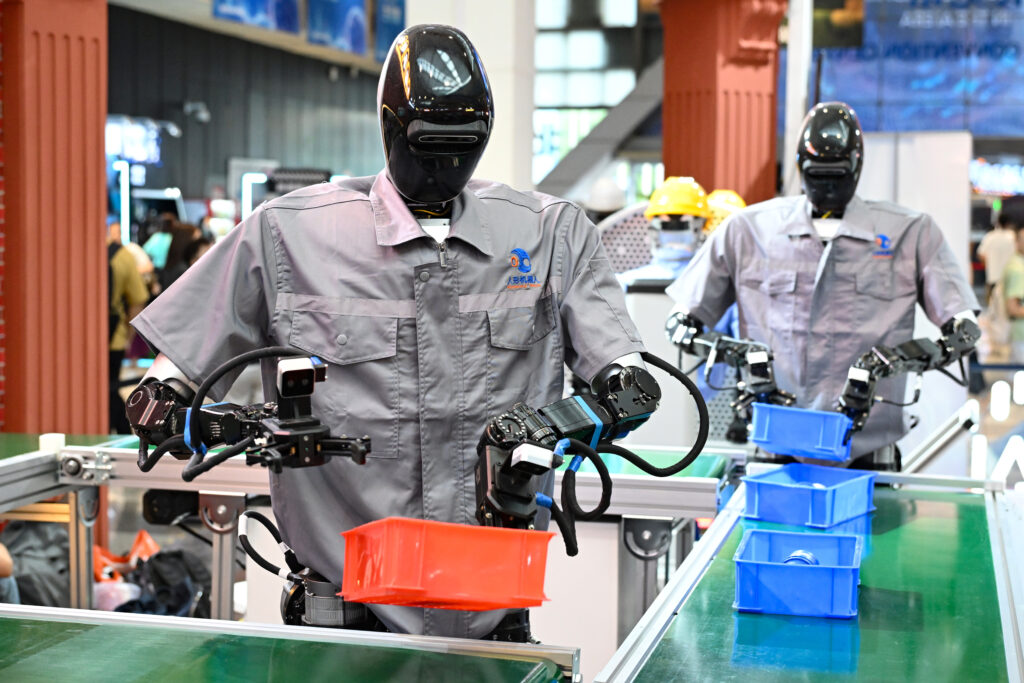A recent publication from Microsoft Research has identified 40 professions that are deemed to be most vulnerable to the impact of AI, as well as 40 professions that are expected to remain secure for the time being. According to Microsoft Research, the trend of robots replacing human jobs is on the rise and is projected to worsen in the future.
The research team at Microsoft’s research department published a new paper detailing various professions likely to be affected by AI, based on several factors. Kiran Tomlinson, a Senior Researcher at Microsoft, characterized the study as an exploration of job categories that could effectively utilize AI chatbots. The study introduces an AI applicability score to evaluate the compatibility between AI capabilities and job tasks, indicating areas where AI may alter work processes rather than replace jobs entirely.
The study assesses the degree of “applicability” of AI to specific job roles, which could potentially enhance productivity within those roles. However, in reality, this assessment is more likely to be used as a justification for downsizing teams and outsourcing work to AI models.
Microsoft is a leading player in artificial intelligence, leveraging its Azure data centers for processing power in models like ChatGPT, DALL-E, and Grok. It appears increasingly evident that current and future AI models will not only handle routine tasks but also have the capacity to replace entire professions.
The list compiled by Microsoft Research outlines the 40 jobs most and least affected by AI. Many of the top 40 jobs largely align with what advanced language models like ChatGPT excel at performing.
The job rankings are based on the level of AI applicability described in the research, reflecting how frequently individuals in these professions utilize AI technologies. Conversely, the professions least vulnerable to AI are those that rely on a distinctly human touch, sometimes quite literally.
The implications of AI advancement raise concerns about exacerbating inequality and wealth gaps, potentially leading societies to support populist leaders who promise change while maintaining the status quo. However, there are also anticipated benefits from AI such as accelerating advancements in disease and cancer treatments through rapid data analysis beyond human capabilities.
While some hold pessimistic views about the future impact of AI, likening it to past industrial revolutions that brought upheaval but societal progress overall; others contemplate whether AI will create new employment opportunities equal to those it displaces or potentially render human labor obsolete altogether.
The unfolding future of AI remains uncertain, prompting reflections on its potential outcomes. What are your thoughts on this evolving landscape?
